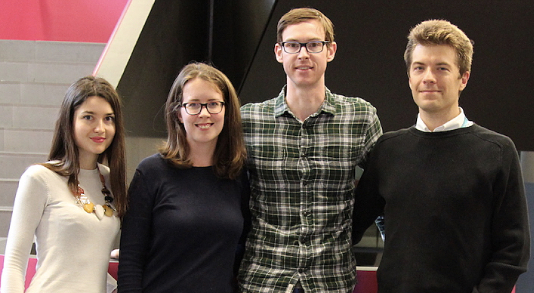The Inheritance is about the six children of Galen and Gail DeMoe; all six have a 50% chance
Read this review and interview by John Williams in the New York Times today:
My mother succumbed to Alzheimer's at 89... now my siblings and I work toward understanding and prevention.
 |
| Dr. Frank Rudzicz and team |
 |
| My mother and I on Zuma Beach with Pt. Dume behind us |